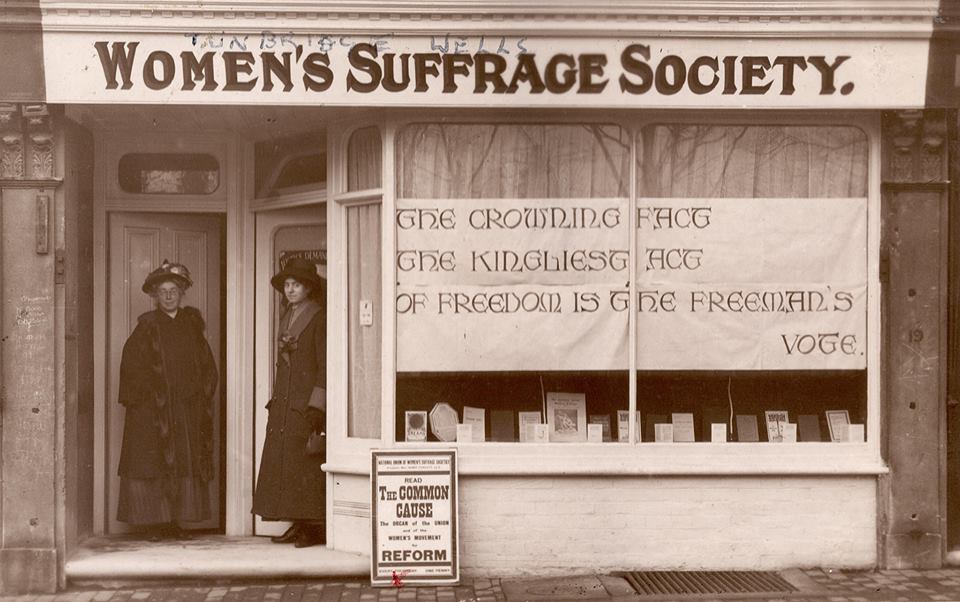7 Inspirational Tunbridge Wells Suffragettes
Tunbridge Wells was once a radical, revolutionary town with Suffragettes burning down the local cricket ground demanding their right to vote.
Although not all of the women on this list were suffragettes, all were advocates for equal rights and champions of women’s causes.
Meet 7 incredible Tunbridge Wells women that fought for their right to vote:
1. Rachel Beer (1858-1927)
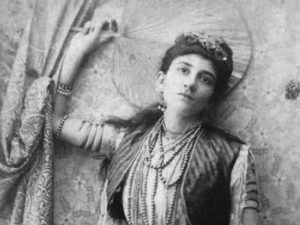
Rachel Beer was the first female editor of a national newspaper in England. She worked as editor-in-chief at ‘The Observer’ and ‘The Sunday Times’.
She was a dedicated champion for women’s causes and a member of the Society of Women Writers and Journalists. As a member, she made sure to employ women journalists and give them a platform to write. She is famously remembered for saying: ‘I am not sorry when they leave me, for it generally means that they are making progress; and all this is for the benefit of women.’
Beer was born in India to one of the wealthiest families in the nineteenth century, the Iraqi Sassoon family.
She spent her final years living at Chancellor House in Tunbridge Wells and during this time she was a patron of Rusthall VAD Hospital as well as a benefactor of Tunbridge Wells General Hospital.
Her grave can be found in Tunbridge Wells cemetery.
2. Amelia Scott (1860-1952)
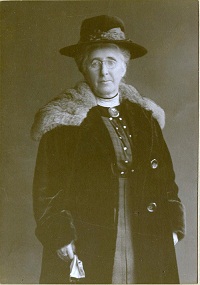
Amelia Scott was born in Surrey but later moved to Southborough, just outside of Tunbridge Wells. She played a massive role in Tunbridge Wells’ suffrage movement as she established the Tunbridge Wells branch of the National Union of Women Workers (NUWW) in 1985.
Scott worked tirelessly for women’s suffrage and worked as vice president of the National Union of Women’s Suffrage Societies (Tunbridge Wells branch). She was a suffragist and believed in non-militant campaigning. Her leaflet bag can be found in the Women’s Library in London.
In 1919 she and fellow feminist Susan Power made history when they became the first two women to be elected to the Tunbridge Wells Town Council. Scott wanted to use her new position as councillor to continue fighting for women’s causes.
3. Pauline Gower (1910-1947)
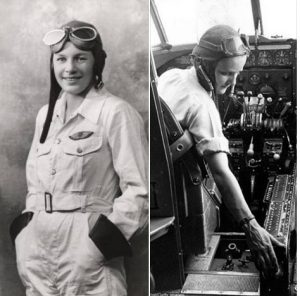
Pauline Gower was a British pilot particularly passionate about recruiting and training female pilots.
Gower established the women’s branch of the Air Transport Auxiliary of which she was Commandant. She was a revolutionary woman as the third woman in the UK to have a ‘B’ license, Second Class Navigator’s licence, Air Ministry Instructor’s licence and was a member of the Council of Women’s Engineering Society.
She is quoted to have said: ‘I would say that every woman should learn to fly. Psychologically, it is the best antidote to the manifold neuroses which beset modern women. The war has already accomplished much in this regard, but with the return of peace my advice to all women will still be: learn to fly.’
She is buried in Tunbridge Wells cemetery.
4. Lydia Le Lacheur (1843-1927)
Suffragist Lydia Le Lacheur played an important role as the Treasurer of the National Union of Women’s Suffrage Society and she hosted their meetings at her private home.
She also devoted her time to various charities and was a great benefactor to the William Vidler Fund, 1898, Red Cross Sale, Tunbridge Wells Eye and Ear hospital 1904 and in 1917 she donated to the YMCA Christmas Appeal for troops.
In 1919, along with Sarah Grand, she proposed Amelia Scott (who became one of the first female local councillors) to be considered for election to the Tonbridge Board of Guardians.
5. Dorothy de Jersey Le Lacheur (1883-1917)
Dorothy de Jersey Le Lacheur was an important suffragette, particularly for Tunbridge Wells, and was involved in the militant Women’s Social and Political Union (WSPU). She was also a member of the Women’s Freedom League (WFL).
As a suffragette she attended many marches, most notably the demonstration to Downing Street where she carried the Tunbridge Wells banner. She was consistently involved in propaganda efforts organising open-air meetings, chalking street pavements etc.
Her donations to the suffrage movement were recorded in The Suffragette Newspaper – she donated £10 in November 1912 and another £10 in February 1913.
Her obituary in ‘The Vote’ describes Dorothy as a: ‘Staunch champion and energetic worker. A pioneer of the Suffrage movement in Tunbridge Wells.’
Unfortunately, Dorothy de Jersey Le Lacheur died the year before the vote was granted to women aged over 30 (1918).
6. Ethel Newbold (1882-1933)
Ethel Newbold was educated at Tunbridge Wells High School and was awarded a scholarship to Newnham Cambridge University.
In 1928 she became the first woman to be awarded a Silver Guy Media from the Royal Statistical Society for her work on the statistics of repeated events.
Since then, Bernoulli Society has created an award for outstanding statistical scientists called the ‘Ethel Newbold Prize’. The prize is only awarded if there are candidates of both genders in order to recognise that gender has no importance in statistical ability.
7. Olive Grace Walton (1887-1937)
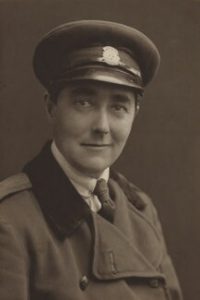
In 1908 Olive Grace Walton joined the Tunbridge Wells branch of NUWSS (National Union of Women’s Suffrage Societies) and then the WSPU later in 1911.
She was a militant Suffragette who spent time in prison as a result of her militant activism. In November 1911 she was arrested and spent a week in Holloway Prison. Later, in March 1912 she served a four-month prison sentence at Aylesbury Prison for smashing shop windows. During this sentence, she went on a hunger strike and had to be force fed. The treatment of Walton in Ayslebury Prison led to Evelyn Billing, the West Kent organiser of WSPU, writing an appeal in the Kent and Sussex courier demanding ‘immediate suspension of the dangerous and barbarous treatment of Miss Olive Walton, of Tunbridge Wells, in Aylesbury Prison’.
Olive is also well-known for her antics with famous Suffragette Emily Wilding Davison. In the Tunbridge Wells Opera House, the pair hid overnight and waited for a Home Counties’ Liberal Federation meeting where they jumped out of their hiding spot and shouted, ‘when are you going to deal with women’s suffrage?’.
Why are our local Suffragettes important?
It is important to remember Suffragettes achievements because they worked tirelessly and sometimes even risked their own lives to win women the vote, providing political freedom and a more equal society for women today.
They often had to endure violence and cruel treatment, especially in prisons. Olive Grace Walton is an example of a Tunbridge Wells suffragette who faced ‘barbarous treatment’ whilst in prison as a result of her activism in order to pave the way for a better future for women.
The suffrage movement was vibrant in Tunbridge Wells with the Suffragist branch having an impressive 165 members – the second largest in Kent.
Social Historian from Kent, Anne Logan, said: “Tunbridge Wells is a very rich place and has a lot of history. It’s important to remember our Suffragettes but we also have to think about the current world, the issues we still face and where we are going forward for men and women.”
